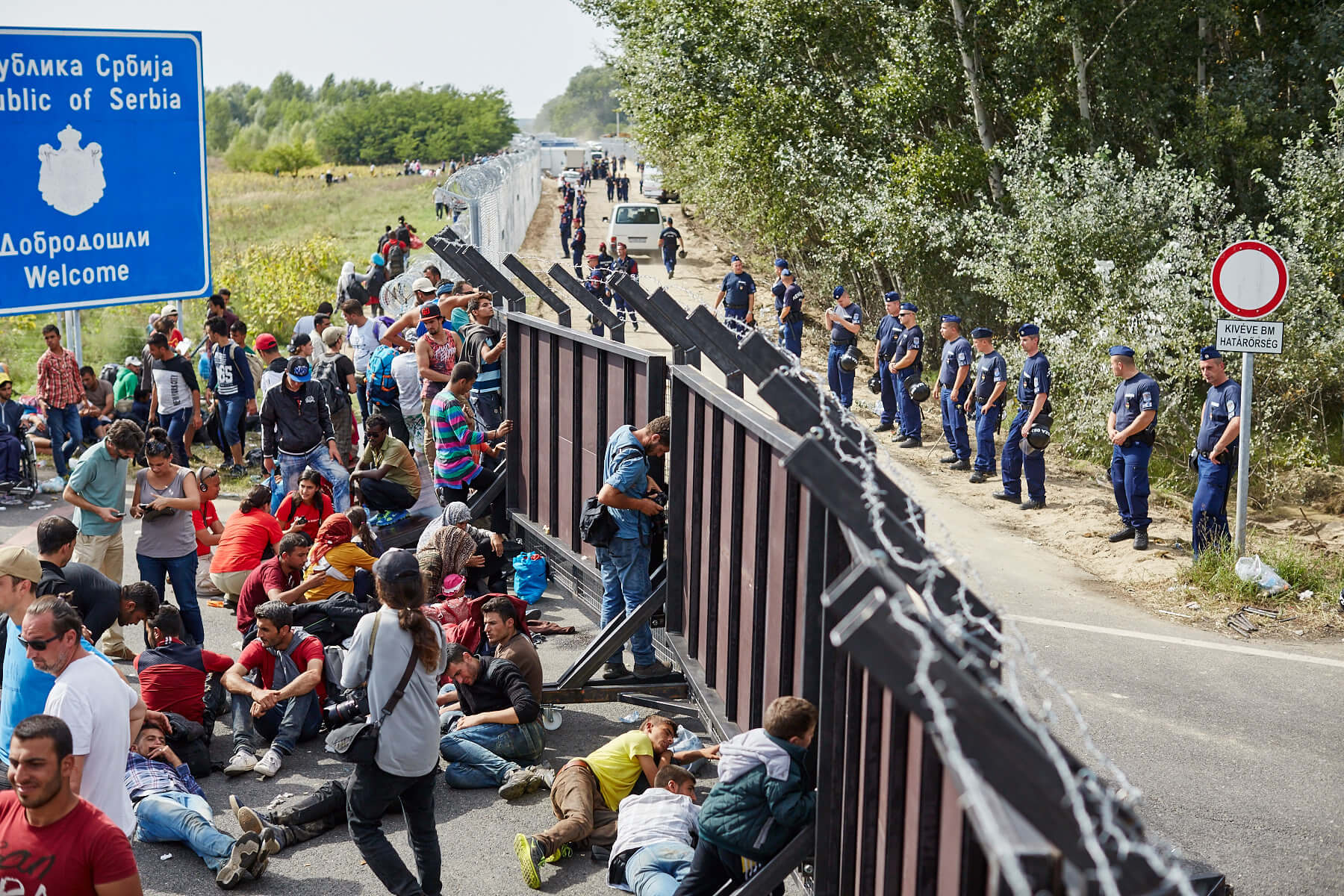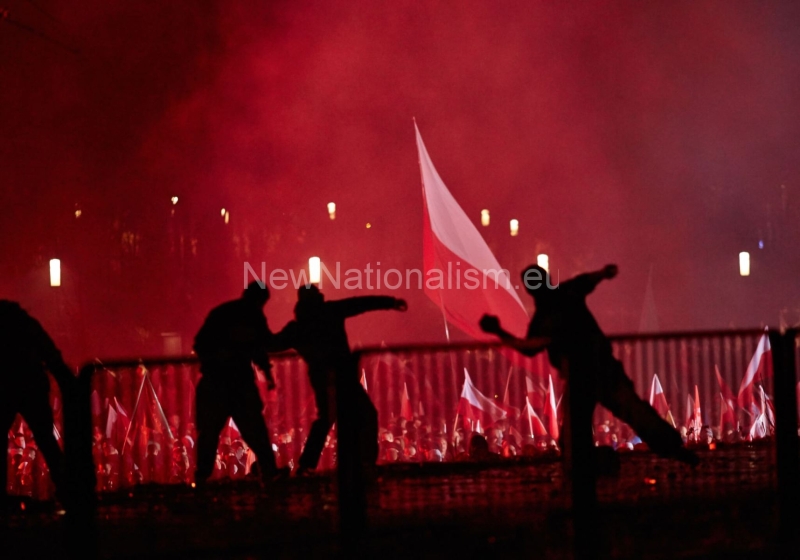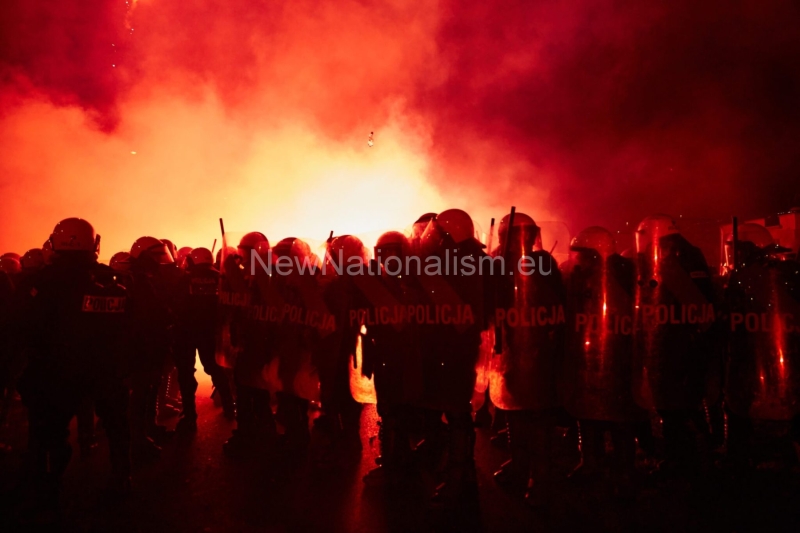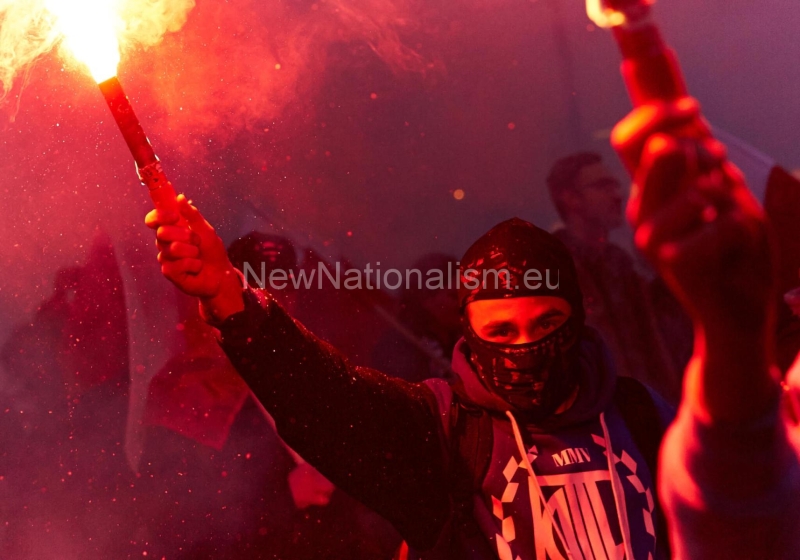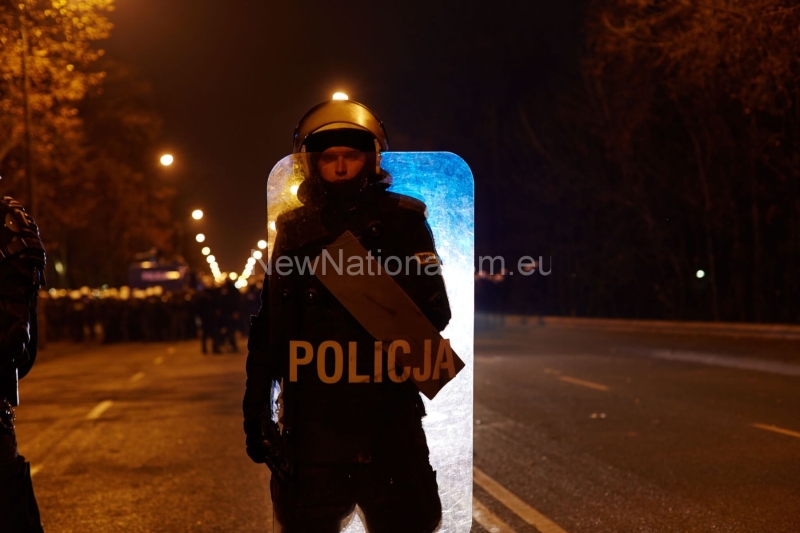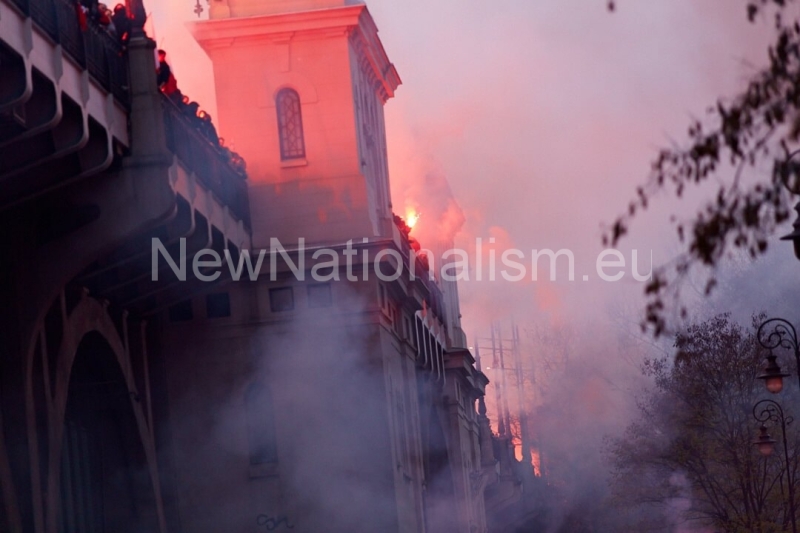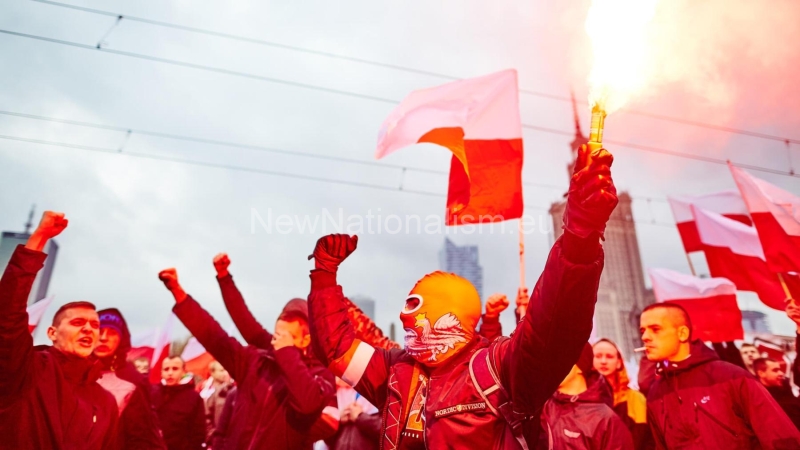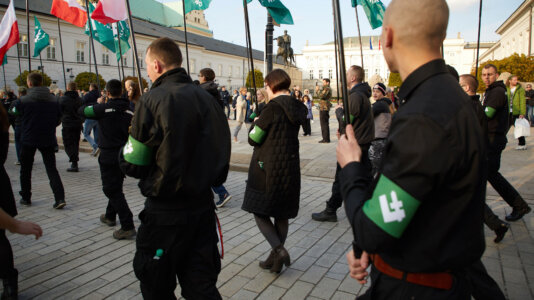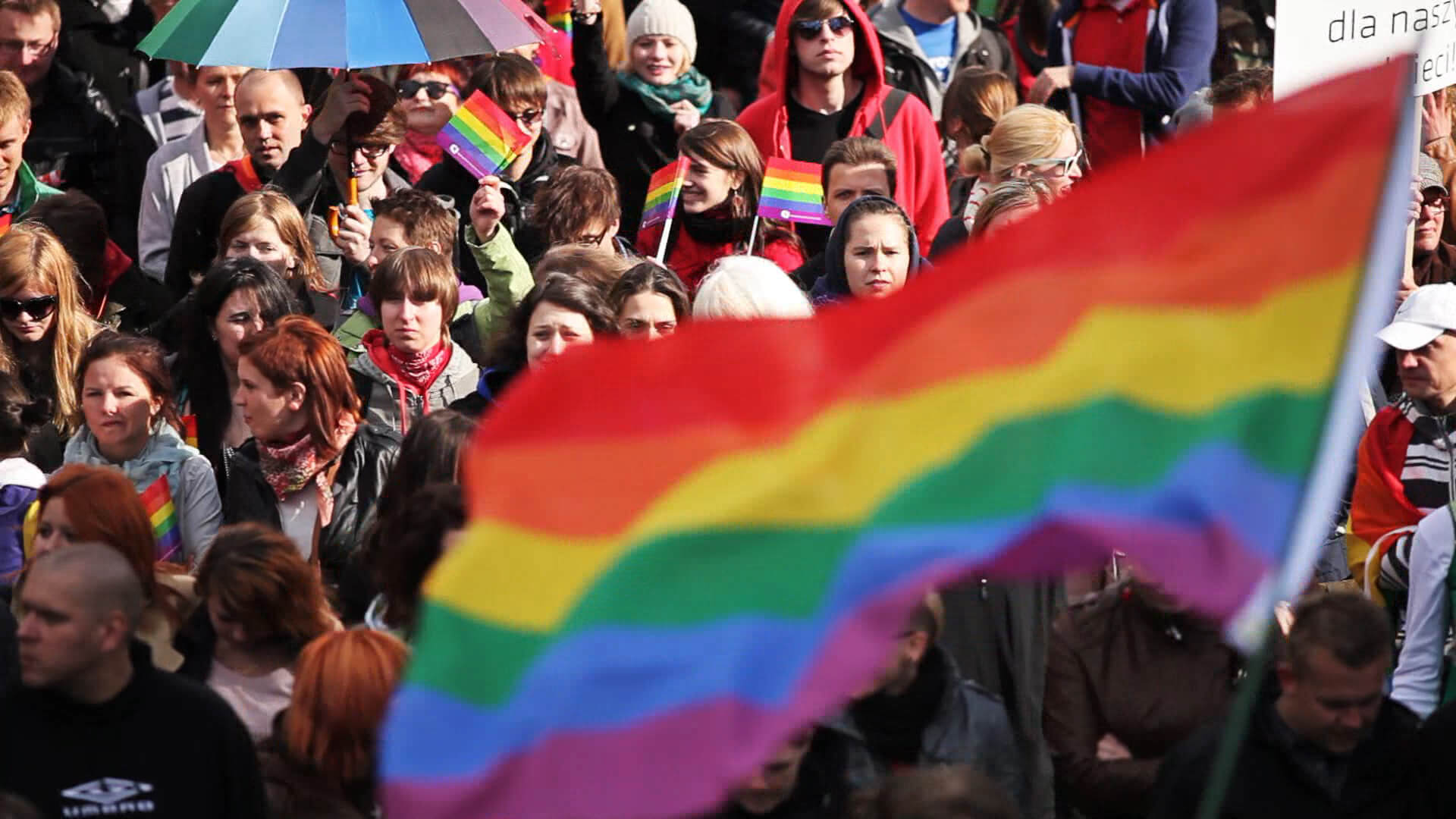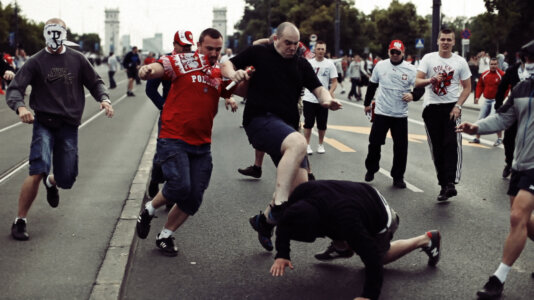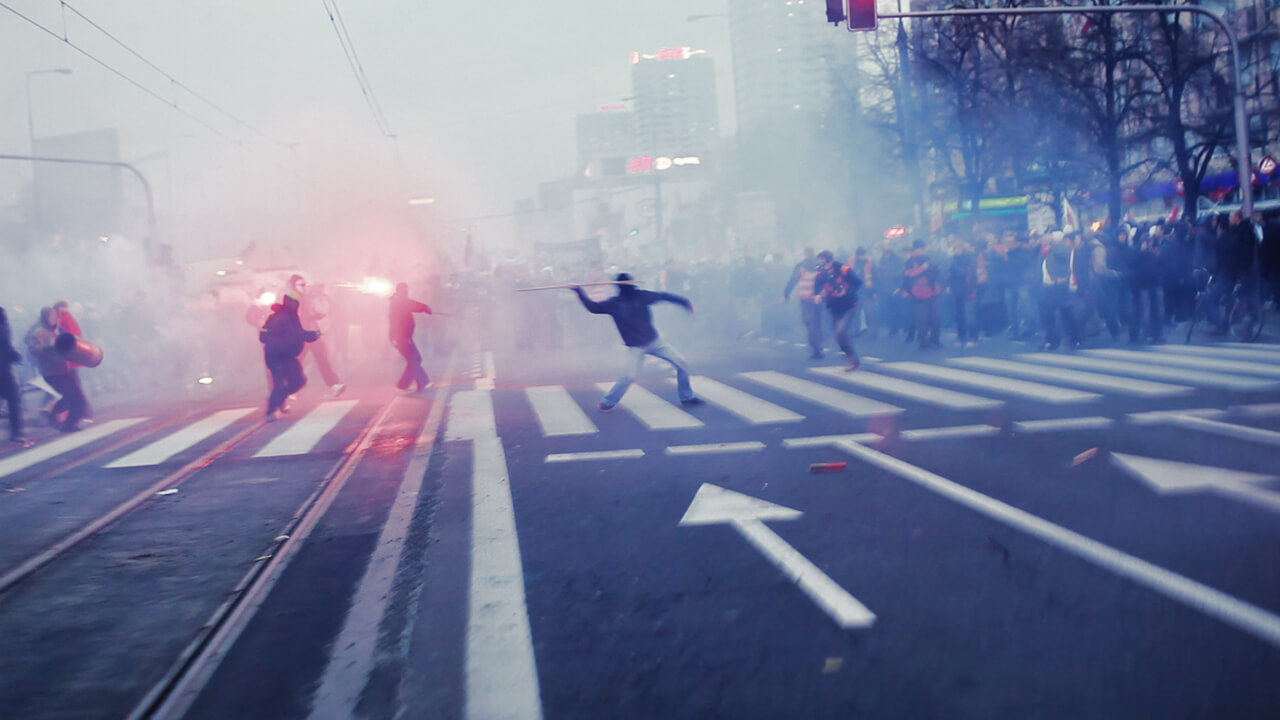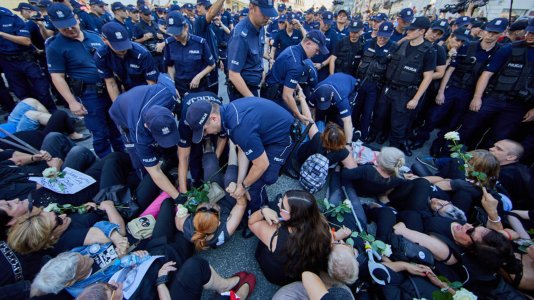On November 11th, 2014, Poland celebrated its Independence Day, but the day was marred by violence during the Marsz Niepodleglosci (March of Independence) organized by far-right groups. Tens of thousands of participants marched through the streets of Warsaw to mark the anniversary of Polish independence, but a group of several hundred masked men broke away from the main march and threw stones and flares at lines of riot police.
The police responded by using water cannons and rubber bullets to push back the rioters, who had torn up paving slabs and benches to use as weapons. Over 200 people were detained, many of them before the march even started for carrying items that could be used as weapons.
The violent clashes were condemned by politicians, human rights groups, and members of the public, who criticized the organizers of the march for promoting hate and intolerance. The controversy over the Marsz Niepodleglosci highlighted the deep divisions within Polish society over issues such as immigration, globalization, and nationalism.
While many Poles came out to celebrate their country’s independence, some feel that traditional values, such as a strong attachment to the Catholic church and opposition to abortion and same-sex marriages, are being sacrificed as Poland embraces the ideals of the European Union. This sentiment was reflected in the chants of “Down with the European Union!” at the start of the march.
The controversy over the Marsz Niepodleglosci was a reminder of the challenges faced by Poland as it seeks to build a tolerant, inclusive, and democratic society. It highlighted the need for greater efforts to combat hate speech and to promote respect for diversity and human rights.
















